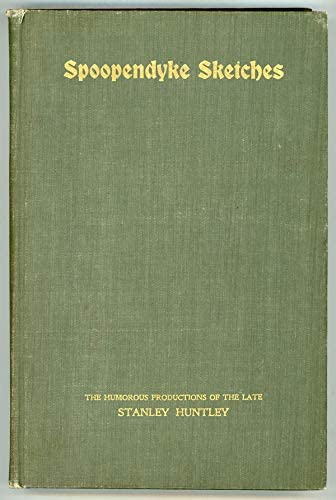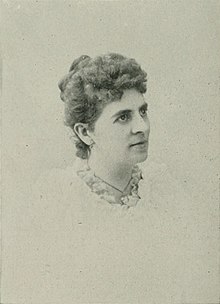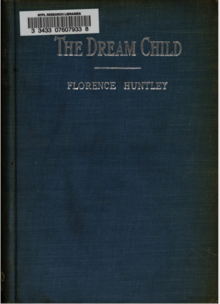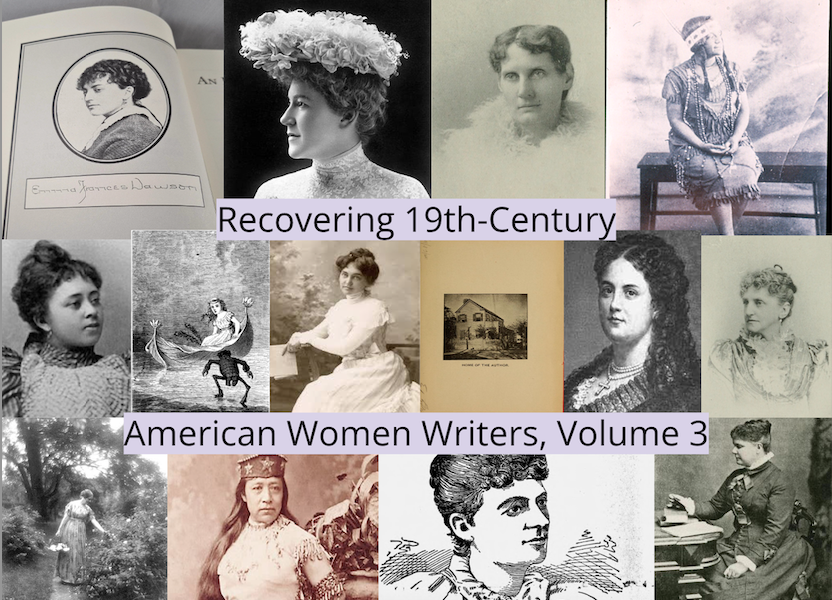A brief overview of a 19th-century female philosopher.
The Comic turned Philosopher
Florence Huntley, born in 1855, was raised in a traditional Methodist Episcopal family. Her Father was a devout member of the church, Reverend Henry Chance. Her father described her as a heretic and sent her away to a religious college to rid her of those heretical views; unfortunately for him, she rebelled against him even further. Marrying her husband further pushed her away from her father. Stanley Huntley wrote humor and wit, and Florence wrote in the same style. Florence gave her husband the ideas behind Spoopendyke, a comedic story following the lives of a husband and wife. Marriage was very important to Florence; when her husband died, she took over his work and became a comedic writer.


After the death of her husband, Florence started a journey that would bring her criticism. She began to delve into philosophy, precisely the philosophy of natural sciences, with the help of the Inner Temple of the Brotherhood of India. Florence began to explore ideas of the afterlife and what it meant to her. Her first novel, published 7 years after the death of her husband, explores the topic of the afterlife in the form of a dream world. Along with The Dream Child, Huntley also wrote the Harmonics of Evolution and Gay Gnani of Gingalee or Discords of Devolution, amongst many other novels.

The Dream Child, written in 1892, follows the institutionalization of Mrs. Dian Varien many years after the death of her daughter. Mrs. Varien, every night, experiences a dream in which she finds herself in a dream world where her deceased daughter is still alive. The story takes on topics such as love, death, and marriage. Huntley creates a world where those who have passed away in the physical plane live again in a spiritual world that is invisible to the human eye. Mrs. Varien’s love makes her believe that the dream world is real and forces her to choose which world she would rather live in.
Why Should We Recover Her Works?
We should recover Florence Huntley’s works because of the uniqueness of her philosophy and life. She started her literary journey as a comic and columnist but ended up writing about the philosophy of natural science. She tried to explain the spiritual world through science. Her critics attacked her based on her lack of experience and knowledge. She rejected her father’s teaching, chose her own path, and worked hard for what she believed in. She was a self-made woman.
“There is no death. Instead a man has one life in two worlds. When he leaves the physical body he simply takes up life on the other side as would any stranger suddenly transported to some strange and unfamiliar country.” (The Bottineau Courant)
Link to The Dream Child: https://www.google.com/books/edition/The_Dream_Child/gdIcAAAAMAAJ?hl=en&gbpv=0
Link to Spoopendyke: https://www.loc.gov/item/07009038/
References
https://www.google.com/books/edition/A_Woman_of_the_Century/zXEEAAAAYAAJ?hl=en&gbpv=0
https://chroniclingamerica.loc.gov/lccn/sn85042588/1899-03-17/ed-1/seq-7/
https://chroniclingamerica.loc.gov/lccn/sn88076086/1899-04-29/ed-1/seq-2/
